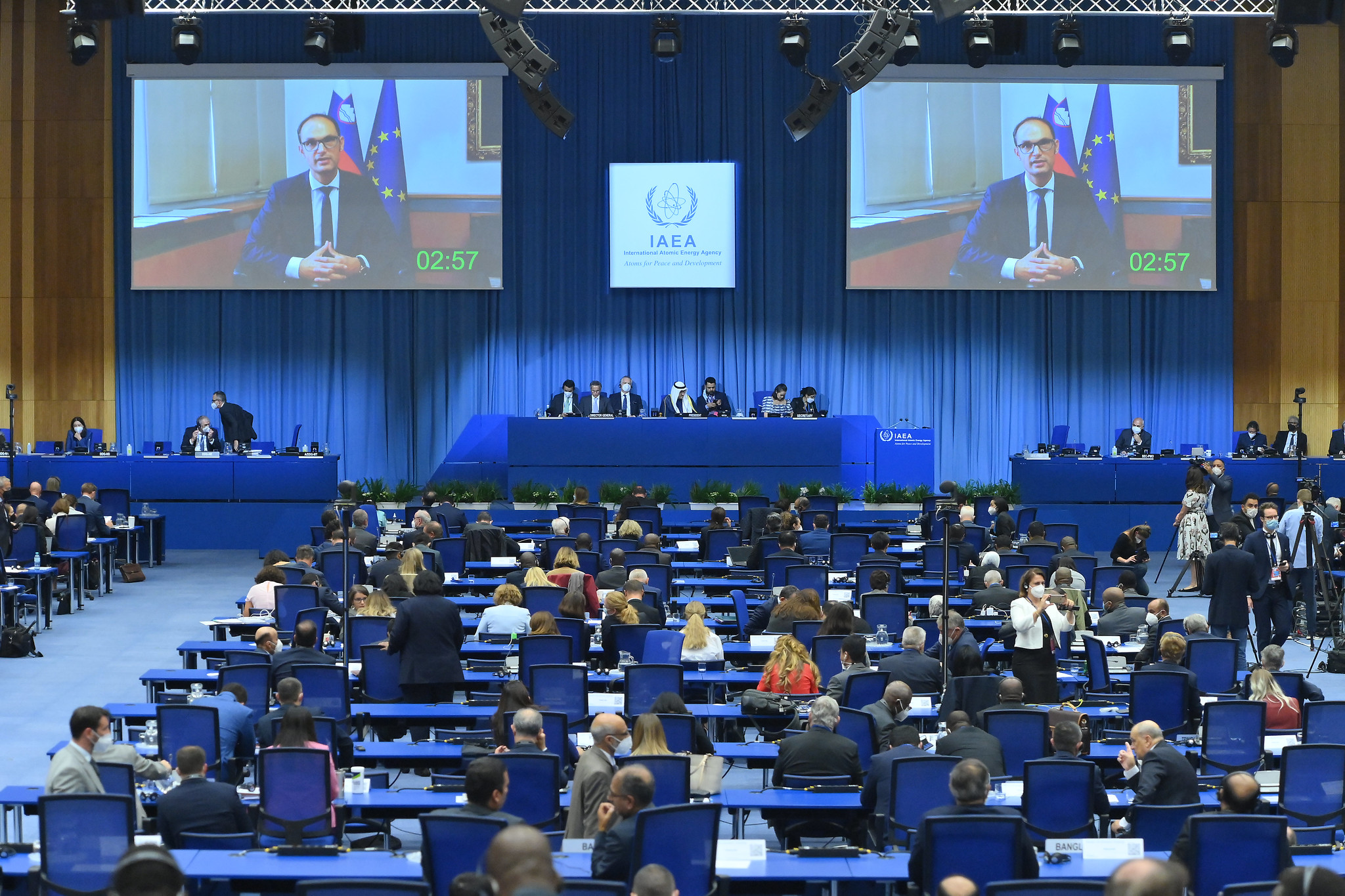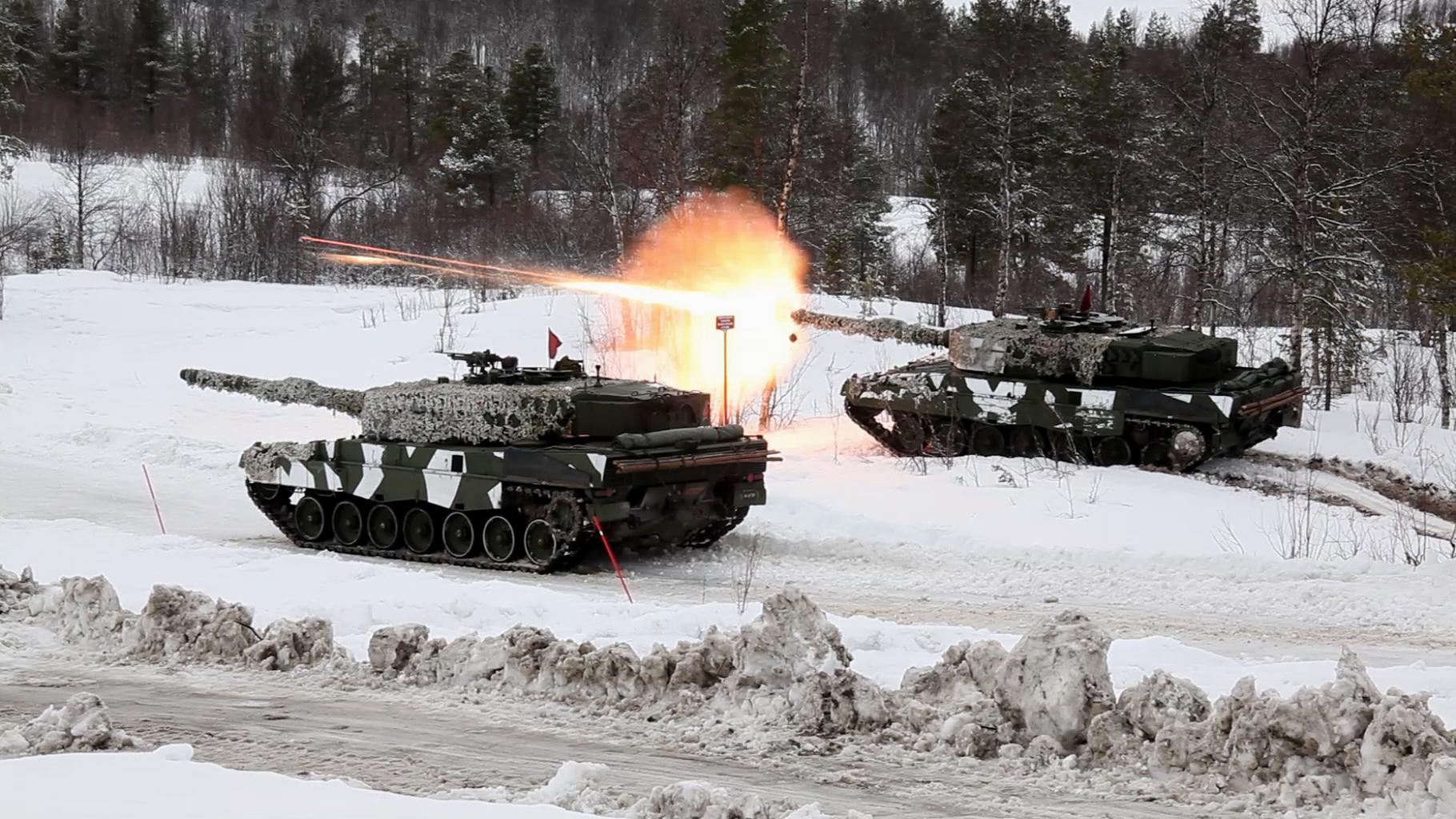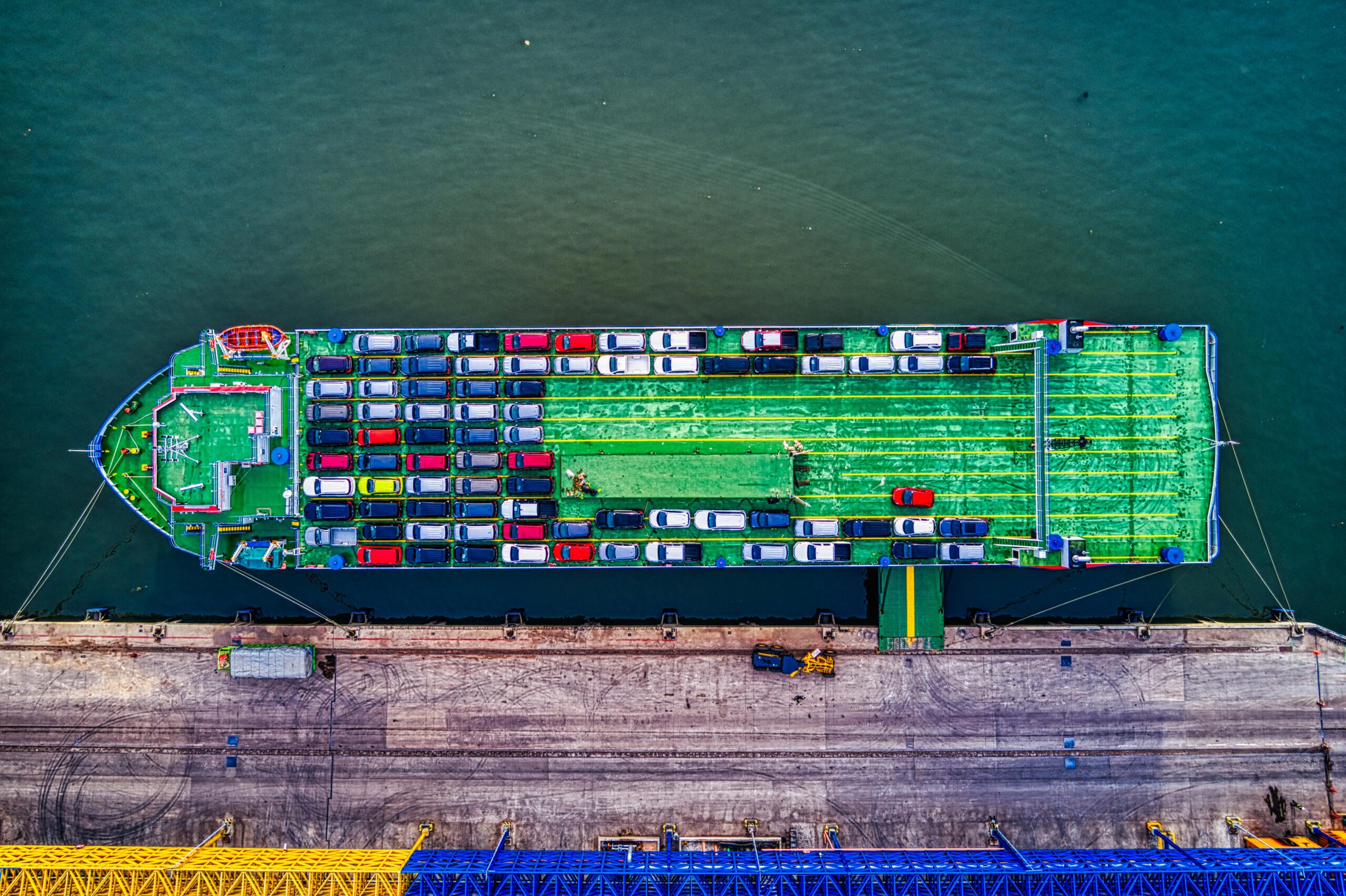The EU’s Green Deal, unveiled in December 2019 by European Commission President Ursula von der Leyen, aimed to revolutionize the way we harmonize our economy with the planet, fostering sustainable production and consumption. An April 2024 European Parliament review highlights that the European Commission has built a comprehensive legal framework to achieve ambitious climate goals, notably with the European Climate Law enacted in June 2021.
However, the vision of global solidarity in carbon reduction, especially in transportation and industrial processes, has faced significant hurdles. Europe’s efforts to transition its extensive industrial base to greener alternatives have been complicated by geopolitical realities, particularly Russia’s invasion of Ukraine in February 2022. Despite widespread condemnation of Putin’s aggression, Europe remains partly reliant on Russian gas, making it vulnerable to energy blackmail.
Global Competition and the Green Transition
While Europe grapples with these challenges, China has surged ahead with substantial subsidies, becoming a global leader in green tech manufacturing. This strategic move not only boosts China’s geopolitical influence but also impacts global market dynamics. Simultaneously, the United States has bolstered its position by supplying gas to Europe amidst its energy crisis and advancing its own green technology through significant investments, as seen in the Inflation Reduction Act (IRA) which allocated $370 billion for clean energy.
Europe’s transfer of 200 years of manufacturing expertise to countries like China has led to a situation where traditional European manufacturers face stiff competition from their own former protégés. This shift in industrial knowledge has rendered past political strategies ineffective in today’s highly globalized yet unstable geopolitical landscape. As China and the U.S. vie for dominance, Europe finds itself on the sidelines, attempting to support global climate initiatives.
Europe’s Path Forward
Despite these obstacles, the EU remains committed to its climate targets. The Fit for 55 package, aimed at reducing EU greenhouse gas emissions by 55% by 2030, has seen nearly all its components approved. This comprehensive update to the EU’s climate and energy framework includes legislation on effort-sharing, land use, forestry, renewable energy, energy efficiency, emissions standards for new vehicles, clean maritime and aviation fuels, and energy taxation.
However, European leaders must address criticism and calls for policy revisions. Germany’s center-right CDU and Bavarian sister party have proposed reversing the 2035 ban on new internal combustion engine sales, advocating for a technology-neutral approach to preserving and advancing combustion engine technology.
Addressing Overregulation and Protectionism
There is growing concern that European leadership’s “overregulation” could lead to increased protectionism. French Finance Minister Bruno Le Maire has warned that U.S. protectionism will persist regardless of the 2024 presidential election outcome, urging Europe to adopt a tougher trade stance.
Public support for the Green Deal remains uncertain, with the 2024 Eurobarometer survey indicating that only 24% of Europeans prioritize climate action. Instead, citizens favor economic competitiveness, food security, energy independence, and defense, with 37% identifying defense and security as their top concern.
Strategic Revision for a Sustainable Future
Newly elected European Parliament members and political allies need to reassess the European Green Deal. While the framework is crucial for Europe’s commitment to sustainability, it must be revised to reflect geopolitical and scientific realities. Lawmakers should collaborate with experts to fine-tune the Green Deal without compromising on environmental protection goals.
Europe must adopt a pragmatic approach, safeguarding its intellectual property and ensuring sustainability for both the environment and its people. By addressing these challenges head-on, the EU can remain a leader in global climate action while protecting its economic and strategic interests.




